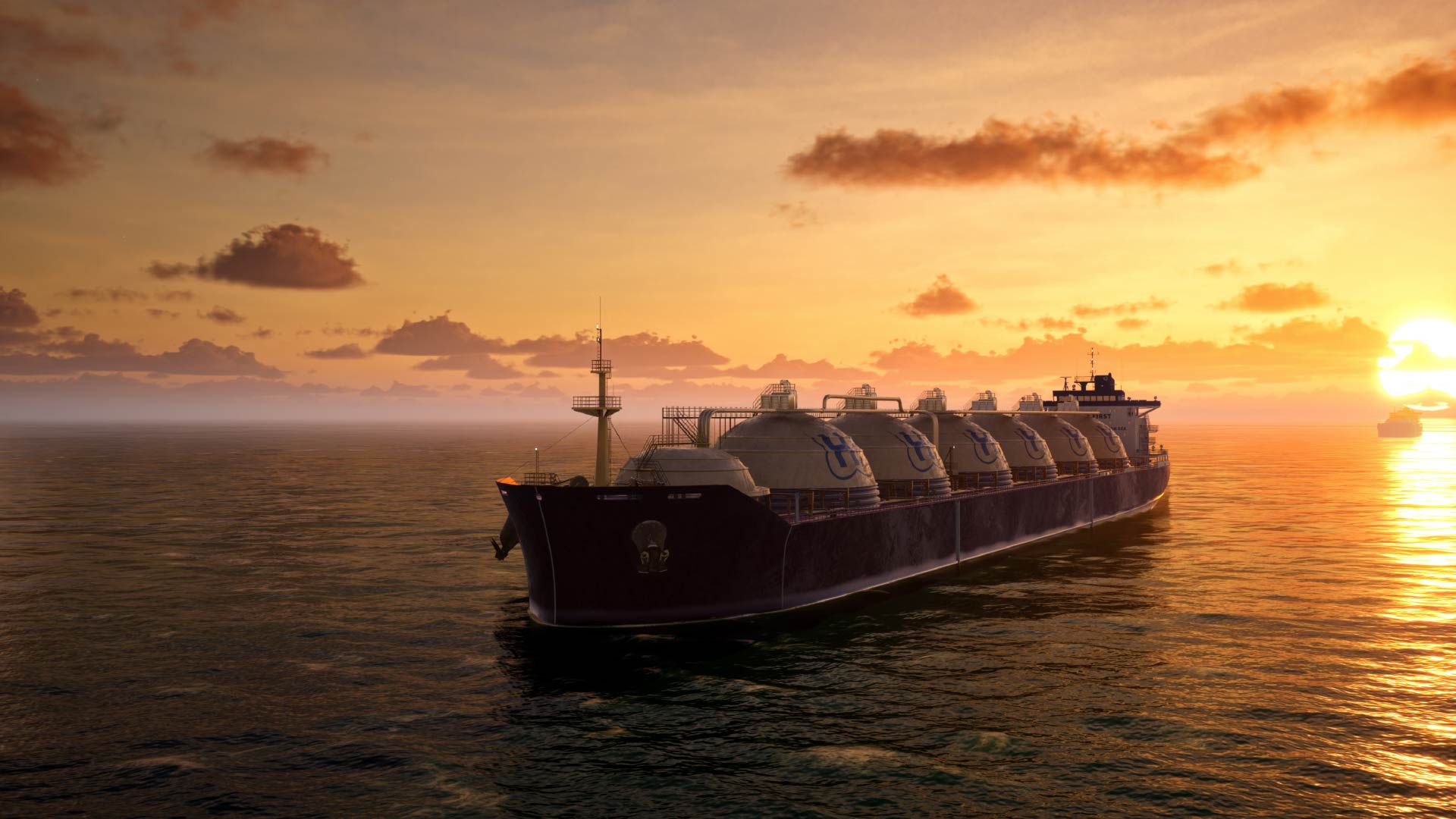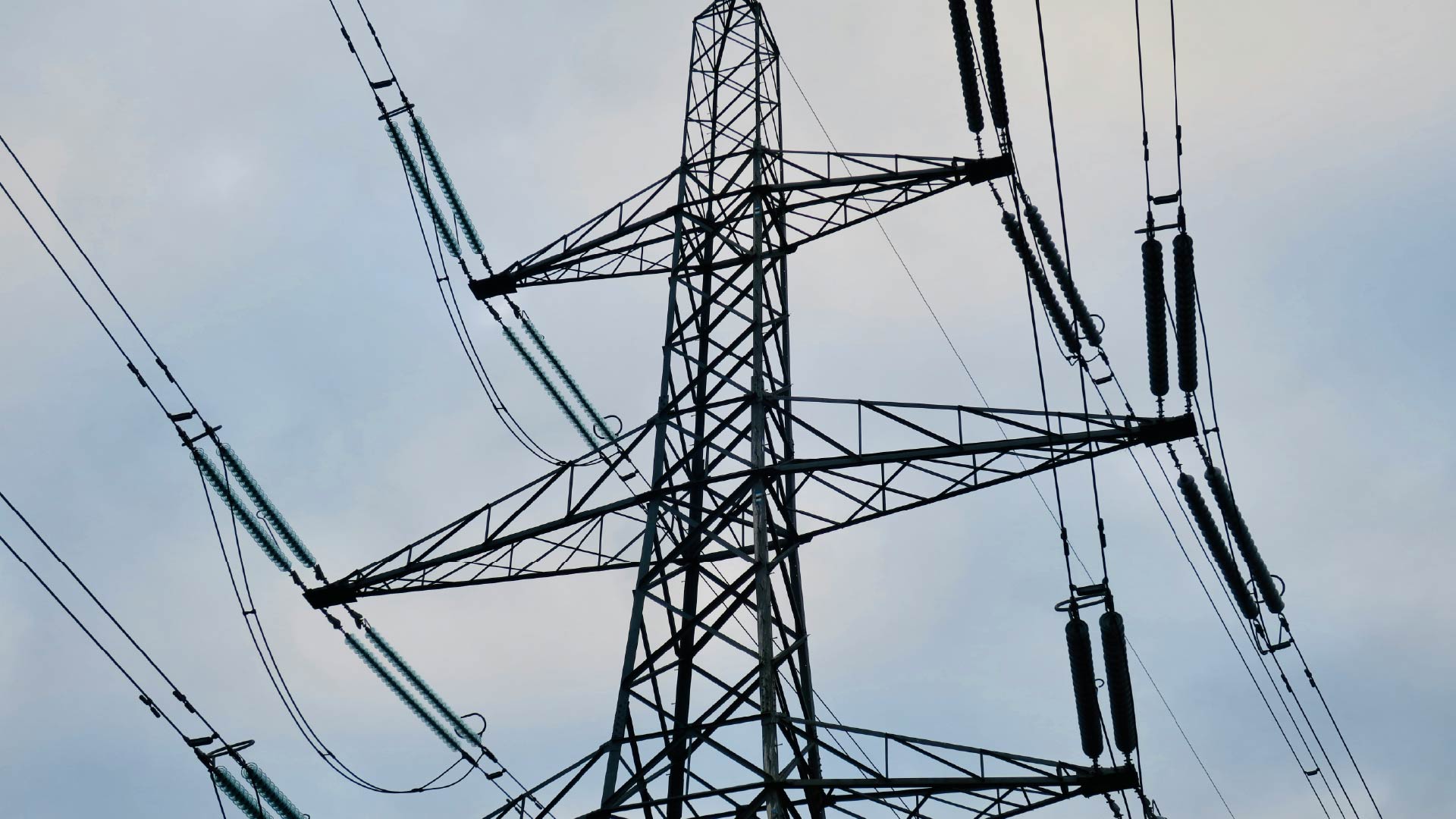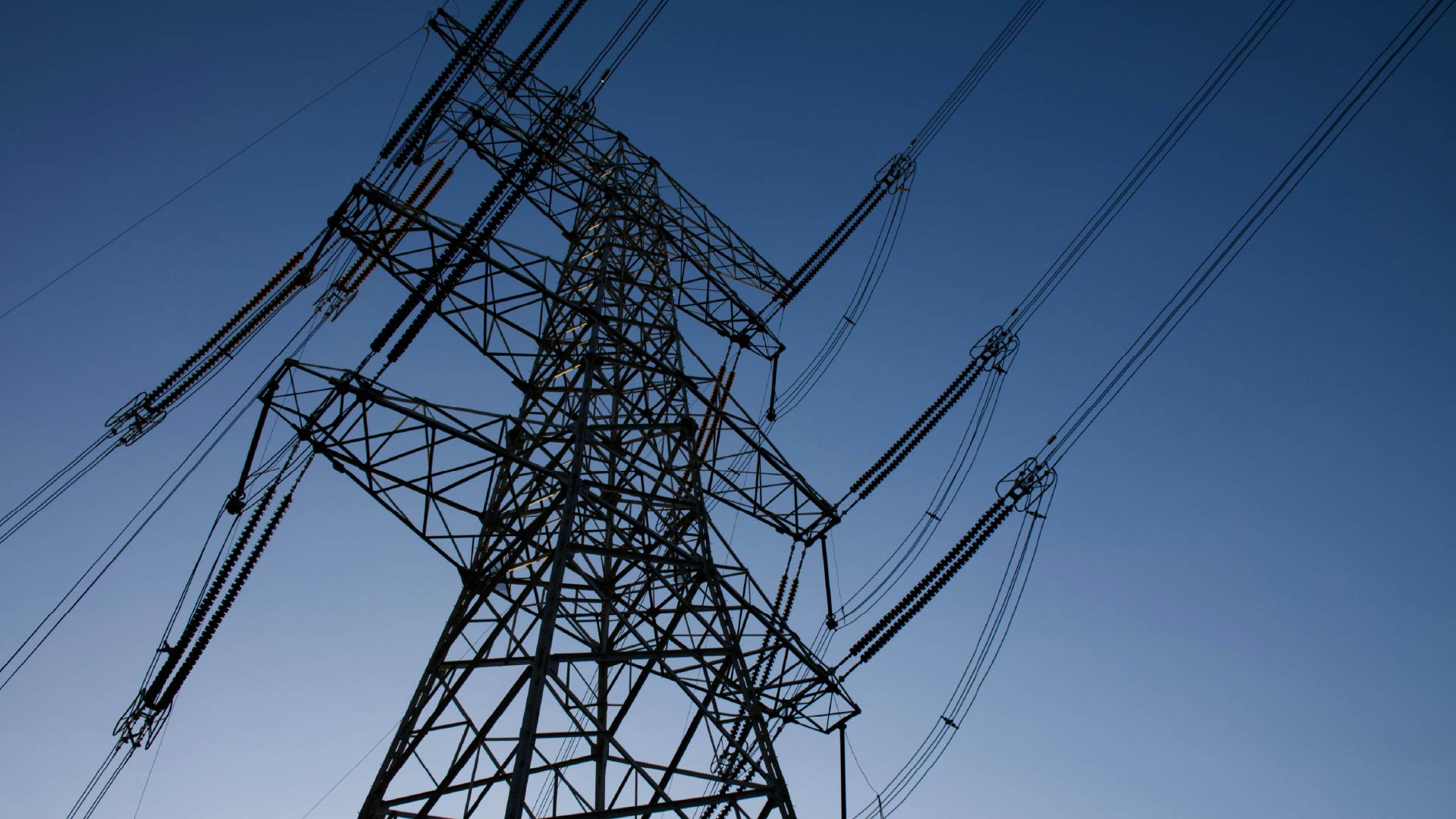Fleet Decarbonization Solutions Attract $500 Million Investment In January Alone Despite Climate Tech Slowdown
In 2023, inflation and high interest rates slowed down the climate tech market, especially private equity investments. CTVC reported a 30% drop in funding from 2022 to 2023. But it’s not all bad news. Transportation, one of the highest-emitting sectors, closed some of the largest deals of 2023. Innovations in battery materials and capacity attracted investors’ attention: Northvolt and Redwood Materials raised a whopping $1.2 billion and $1 billion respectively.
2024 has opened with the same energy. In January alone, there has been significant private capital investment to support the research and development (R&D) and expansion of different providers in the market:
- Copenhagen-based Monta EV closed an €80 million ($86.5 million) Series B round to expand its EV charging platform’s network. The firm offers EV fleet management solutions, including real-time data management and charging optimization to reduce costs.
- Electra, a Paris-based firm offering fast-charging networks for EVs, raised €304 million ($333 million) in a funding round led by Dutch pension fund service provider PGGM. The solution aims to solve one of the biggest challenges of EV fleets: the downtime needed to charge vehicles.
- INTERATEC, headquartered in Karlsruhe, Germany, raised $129 million in a Series B funding round to scale up the production of e-Fuels made from recycled CO2. This includes synthetic fuels for internal combustion fleets, offering a solution to decarbonize heavy duty vehicles for which electrification is more costly and challenging.
The fleet decarbonization solution market is growing as corporate net zero targets approach. For example, consumer goods giant Unilever committed to a 40-50% reduction in GHG emissions from logistics and distribution networks over the next decade. BT Group is planning to transition the majority of its 34,000-vehicle fleet to electric by 2030. On top of corporate commitments, the EU plans to phase out the sale of internal combustion engine vehicles by 2035, while setting a 90% emissions reduction target for new heavy-duty vehicles by 2040. But decarbonizing fleets does not come without challenges, which include charging time and availability, battery constraints – especially for long haul trucking – and lack of real-time data.
Verdantix is conducting research on the fleet decarbonization market, analysing corporate strategies, levers of fleet decarbonization and new trends across technologies and solutions providers. Stay tuned for the upcoming Verdantix market overview on fleet decarbonization to learn more.
About The Author
.png?sfvrsn=db470322_1)
Alessandra Leggieri
Senior Analyst





